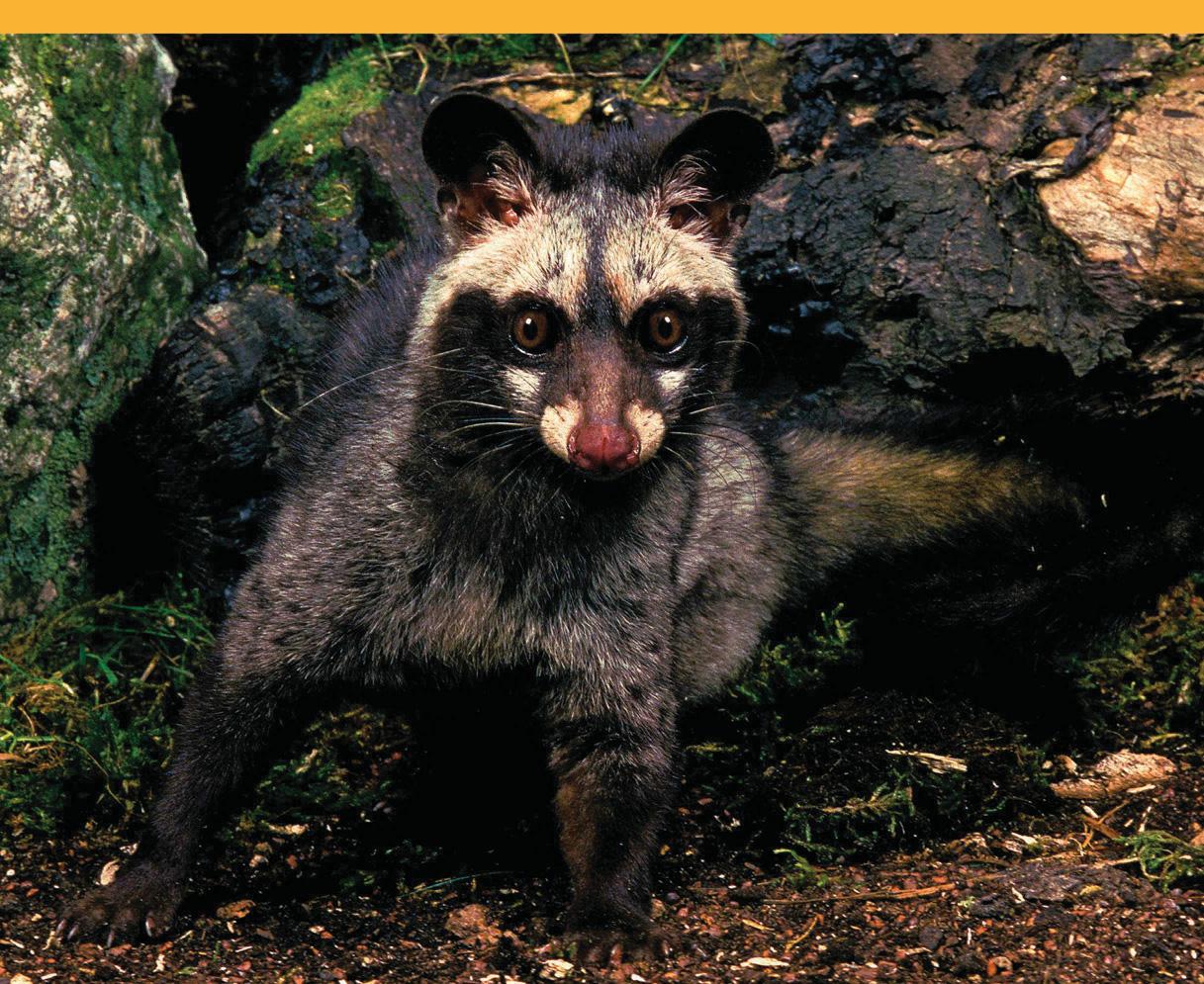The civets tried them, liked them, and when the plantation owners realised that the beans passed straight through the animals, they instructed their workers to scoop the civets' poop and sift out the beans. Waste not, want not, after all.
Then a bizarre thing happened. People tried the coffee made from the civets' recycled beans and they liked it. It had a unique flavour, that's been described as chocolatey, syrupy, earthy and musty, with 'jungle' undertones. And so, Kopi Luwak coffee was born.
While the civets remain in South and Southeast Asia, the unusual coffee is now exported all over the world, and because of its unusual provenance, Kopi Luwak has become one of the most expensive coffees you can buy. A cup of wild civet coffee retails for anywhere between $20 to $100 (approx £15 to £80). But is it worth it?
In the wild, civets are thought to choose the most ripe and perfect coffee cherries, a selection process that helps to improve the coffee's flavour. Then, as the bean passes through the animals' digestive tracts, enzymes and gastric juices cut through the cherries' outer layers and break down internal proteins. This further refines the flavour and aroma of the coffee beans. Good for coffee drinkers, but not so good for the civets.
Asian palm civets a...


